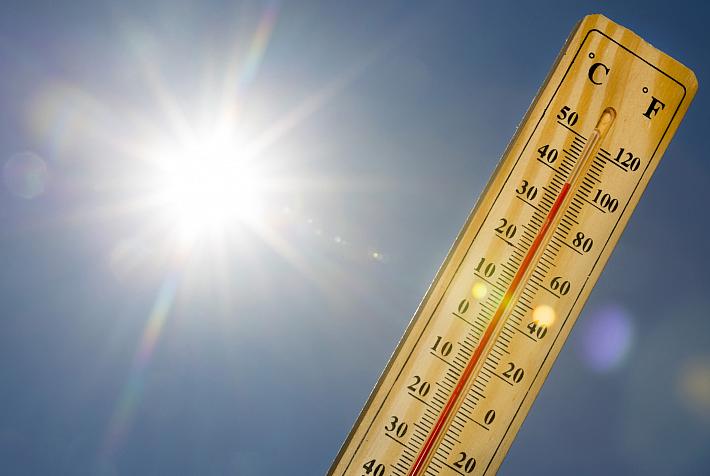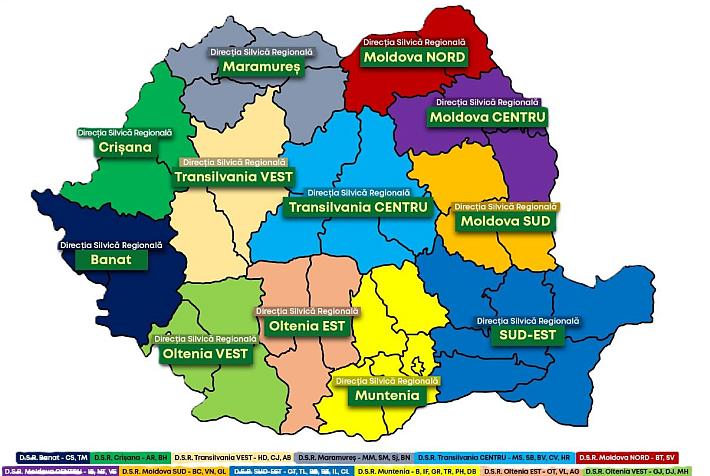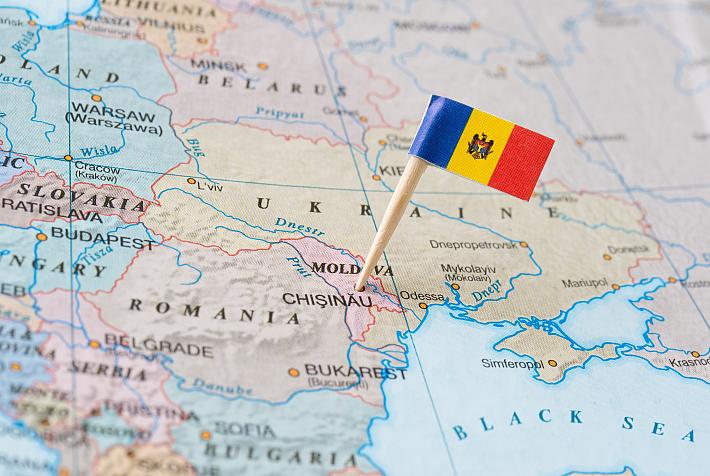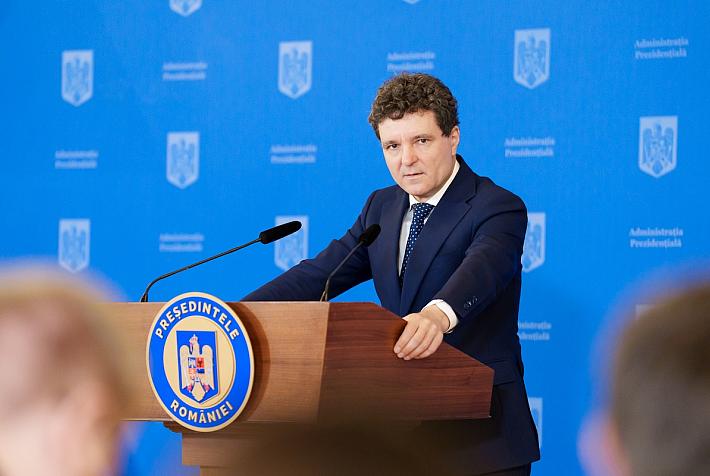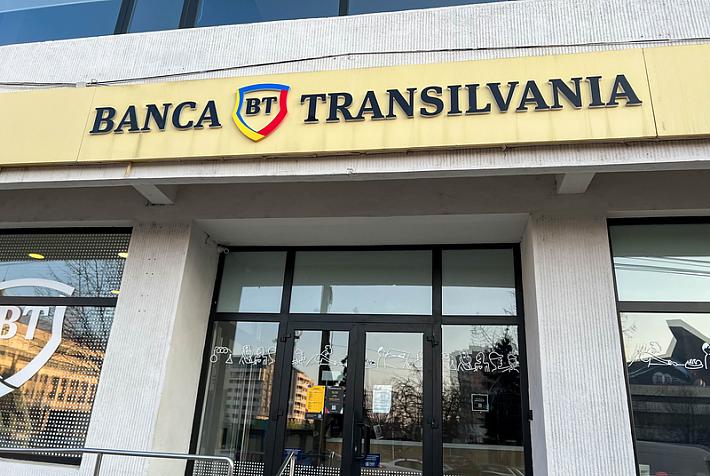Why Romanians hate Romania

 “Patriotism is your conviction that this country is superior to all others because you were born in it.”
“Patriotism is your conviction that this country is superior to all others because you were born in it.”
In my younger and more vulnerable years I was very patriotic. I was convinced that Romania is one of the greatest countries in the world. There is a common thing any foreigner sees when meeting Romanians: they all complain and say how much they hate Romania. This is so obvious that one of my foreign business partners thinks that he would get wealthy instantly if only he could monetize this intense feeling. For years now I’m trying to understand why this happens – and I think I finally got it. Also, it applies to many other East European countries as well.
Guest article by Dragos Manac
Propaganda and the school.
Every country is good at making up for itself a great history out of any sort of past. The history offers local models, heroes, patterns we identify with. Being a part of something great makes you great. When someone tries to take that greatness away, you fight back. You defend your country because it has made you great as well, by association. This is a very simple way of turning weak people into strong weapons. We all feel the need to be part of something bigger. For many it’s the preferred football team or religion – and you can see the extreme manifestations of that. We even have Jane Elliot’s Exercise to prove how simple it is to turn people against each other based on shallow beliefs of superiority.
Romanians got their part of great historical achievements from their own history books. History is written by winners to justify the past and secure the future. The last big winners in Romania were the communists, and they wrote the current version of our history.
To see the people’s superior view of their own country and how inferior neighboring countries are – please visit http://www.urbandictionary.com and search for Romania, Ukraine, Hungary, Serbia, Poland and so on. You will see people cheering the great things making their country the best in the world – such as Ukraine’s great cossacks army, which kicked everyone’s ass in the 18th century. No one aside from actual Ukrainians really cares about this propagandist achievements, but they serve their purpose.
The communist dream
Westerners usually think that in communist countries people were all mean, red and busy working on their plan to conquer the world. Obviously, this is not true. The communist regime sold a dream in which the fight for freedom and a better life were basic duties. Sounds familiar? You get the same thing in many other capitalist countries. They sold the utopian idea of an egalitarian system, where all the people have a job, a house and enough money to live a decent life. Take away the egalitarian part and those are all ideas you hear in each election campaign. After tens of years of communism, people forgot what started the ideology, were born in the new utopian system, and along the way got intoxicated with their country’s huge role in world history.
The communist regimes proved their inefficiency – mostly because they lacked a free market, not necessarily because of the politics (China, anyone?). Still, people were born and raised in that social and political ecosystem. They were prepared to live the dream. It had a basic promise: Be a good citizen, respect your country and regime, work just like the others and you will live a good life (job, house, enough money for the family, good schools for the children etc).
The broken promise
After more than 40 years, the Russian-inspired communist regimes collapsed in the 90′s. The dream had become a nightmare in the 80′s, with people struggling to get food and praying for water and electricity. Having a planned economy, pushing controllable non-values in key positions and closing the borders proved fatal.
In the 90′s, intense movements occurred in ex-communist countries. Moving to a capitalist economy was a lot harder than people initially expected. The only ones prepared for the new way of doing business and making money were the few that had ties to foreign markets – the important people in communist years. The new capitalists were the former communists, not just in business, but in politics, administration and so on.
Taking advantage of turbulent times, those that had the international opening and the local connections got very rich, very fast. Regular people, who expected capitalism to treat them right, were in for a big surprise. Liberty and democracy did not translate into jobs and enough money. Huge overnight inflation and collapsing industries lead to unemployment. People had the foreign products they wanted, but no jobs and no money. Back to a new, democratic form of nightmare!
The secret key
We had learned that we are part of a great country – our history said so. People were born in the communist utopia of freedom and enough means for everyone to live a happy life – the old promise. The communist regime did not work; it collapsed when people rose up to achieve real freedom through capitalism and democracy – the new promise.
But the new capitalists were the old communists. The money went to the old guys. Hard working people found themselves lacking jobs and basics means of life. Many started bemoaning the communist regime and the dictators – at least things got done and people had jobs and housing. Some still think that 20 years later.
The basic problem is the broken promise – Be a good, hard working citizen and get a good life! It was broken by the communists and then it was broken again by capitalists. This can be explained by the fact that there was never a new society, just the old one with a new face. People did not get “capitalism training”. They did what they were taught and got nothing in return. It was impossible for most of them to change jobs or get new skills. Work productivity and efficiency were new concepts. There was no party to push, no government to provide jobs, houses, fixed salaries. All these aspects were speculated by populist politicians and eventually made common folks even poorer.
Why Romanians hate Romania today
The general impression, based on tons of facts, is that the scum got rich, while the working man got screwed over by the new democracy. The old communist class preserved its advantages. Thieves, complete opposite of the working man, became the nouveau riche. Old principles, like hard work, honesty, good education became ingredients of the recipe for a life of starving and trying to make ends meet.
You can be successful by doing the exact opposite – this seems to be the idea. Just that the opposite is against everything you have learned while growing up. This dissonance is partly the root of hate.
After gaining the liberty to travel and experience the life and culture of other countries another huge difference strikes Romanians. Ours isn’t the greatest country in the world. Nobody heard about our brave soldiers, or how we defended Europe from the Turks in the Middle Ages. Nobody calls Bucharest “the little Paris,” except Romanians. We’re under-dressed. We’re not prepared to live in civilized conditions.
There is a huge difference between Western European countries and Eastern ones. Even Hungary, Romania’s traditional source of ethnic conflict, looks and is a lot more civilized and evolved. So we’re not great, we’re a lot less than that. This builds up into extra frustration for every Romanian. You can either get deeper and deeper in the historic Romanian supremacy and get mocked or ignored or embraced by other ultra-nationalists. Or you can go the other, more common, way: Get disappointed and lose consideration for your country because you see it all as a big fat lie.
Gypsies were the first to travel abroad. They were soon followed by many low-income people looking for jobs abroad, along with all sorts of evil doers. This created a simple association in the minds of Europeans – Romanians are gypsies, beggars, thieves, low-lives in general. Not a very good association for educated youngsters who travel to discover the world. This brings us to a third good motive to avoid any association with being Romanian and to badmouth your country.
So, there are three huge gaps:
The difference between what Romanians thought of themselves and the current state of things
The difference between the values that they grew up with and those that seem to actually produce results
The difference between what they aspire to be and what they are seen as
These are the reasons for which Romanians hate Romania. Just ignoring the fact that we are Romanians would be enough if it wasn’t for the 3rd reason, the frequent association between low-lives, criminals, and Romanians. This makes most of the people speak badly about Romania constantly – at home and abroad.
What’s the solution? Well: fixing history, waiting for millions of people to evolve, waiting for social justice, rearing new generations of people without our historical baggage – impossible things in general. In the end, you are left with a sad reality and a lot of explaining to do in the face of biased foreigners.
Still, preconceived opinions about Romania and Romanians are common just in Europe. In the US (due to visa regulations and general remoteness) or in other countries (due to distance) we have not exported enough bad elements to create generalized prejudice. So, as a rule, there’s no need to complain too much about Romania, even if you don’t like it, because people have no idea whether things are good or bad.
In the end, there isn’t a simple solution to cure the hate against your country. I’d say that badmouthing anything is bad for you. Inflated compliments are equally bad on the long term. I try to be as balanced as possible and keep unpleasant feelings at bay. At least I’m happy that I came up with this very lengthy explanation on why Romanians hate Romania ;-)
This article was first published on Dragos' blog.
 Dragos Manac is an entrepreneur in the IT field in Romania. He is the founder and CEO of Appnor MSP S.A., a fully managed service provider operating infrastructure in Europe and USA. Check his LinkedIn profile. Dragos uses Twitter on a daily basis, follow him.
Dragos Manac is an entrepreneur in the IT field in Romania. He is the founder and CEO of Appnor MSP S.A., a fully managed service provider operating infrastructure in Europe and USA. Check his LinkedIn profile. Dragos uses Twitter on a daily basis, follow him.






